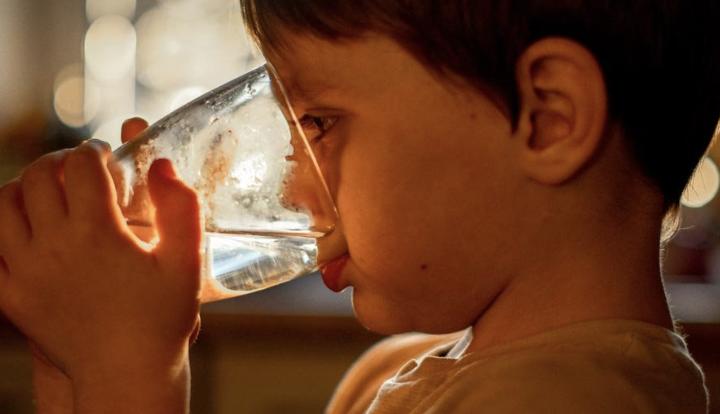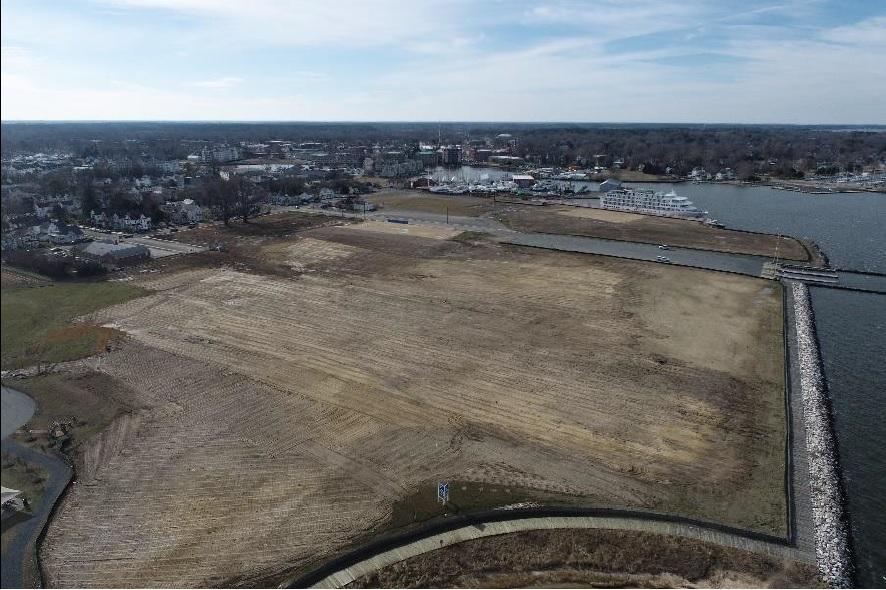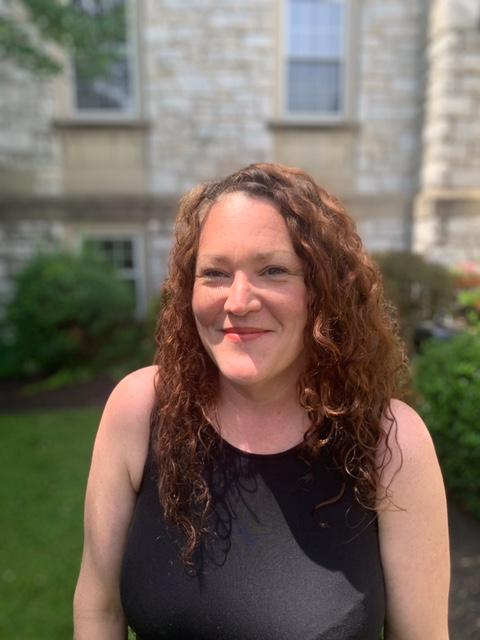As prices for everyday necessities continue to rise, families with limited means are having to make tough choices on where to allocate their money. In response to this, the state of Maryland, in locations like Dorchester and Talbot Counties, has implemented the Low-Income Household Water Assistance Program to help families with past due water and wastewater bills.
The program, which began in April of 2022, is available to any resident of Talbot County who has an average of $100 or more in their water or wastewater bill. It is a means-tested or income-based program, but many households are considered “categorically eligible” if they receive certain benefits such as Maryland Energy Assistance, Supplemental Nutrition Assistance Program (SNAP), or Supplemental Security Income (SSI).
Applications for the program can be obtained through local municipalities, neighborhood services, or the Department of Social Services. Since its inception, the program has assisted Talbot households with over $6,500 in bill payments, and in 2023 alone, over $8,000 has been spent on helping families avoid eviction due to unpaid bills.
The benefit amount ranges from a minimum of $100 up to $2,000 and is paid directly to the utility company. However, it is important to note that this is a one-time benefit and cannot be received multiple times. As the program ends on September 30, households are encouraged to apply as soon as possible to ensure all payments are made by the end of the month.
In these challenging economic times, the Low-Income Household Water Assistance Program is a valuable resource for families struggling to make ends meet. Maryland residents who meet the eligibility criteria are encouraged to apply for the program to receive assistance with past due water and wastewater bills.
The Spy asked Linda Webb, director of the Talbot County Department of Social Services, and Juana Blue, assistant director of the Family Investment Administration, to come by the Spy Studio the other day to understand more.


 Over the next few weeks, final grading and seeding will be completed. Once a stable stand of grass is established, the fencing will be removed and pulled back to secure just the crushed masonry stockpile.
Over the next few weeks, final grading and seeding will be completed. Once a stable stand of grass is established, the fencing will be removed and pulled back to secure just the crushed masonry stockpile.